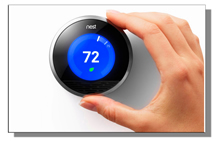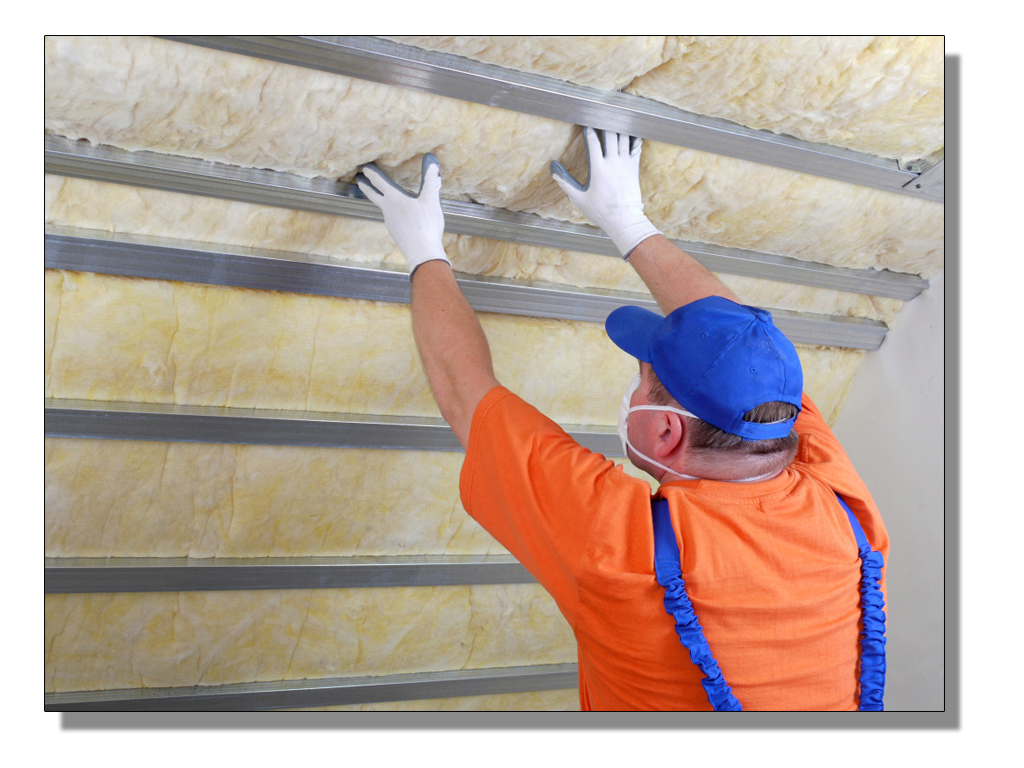Common Energy Myths
Eating carrots will greatly improve your eyesight, cracking your knuckles leads to arthritis, watching too much TV will harm your vision. We've all heard the old wives' tales, but did you know there are also many misconceptions about home energy use? Don't be fooled by these common energy myths.
Myth: The higher the thermostat setting, the faster the home will heat (or cool).
Many people think that walking into a chilly room and raising the thermostat to 85 degrees will heat the room more quickly. This is not true. Thermostats direct a home's Heating Ventilation and Air Conditioning (HVAC) system to heat or cool to a certain temperature. Drastically adjusting the thermostat setting will not make a difference in how quickly you feel warmer. The same is true for cooling. The Department of Energy recommends setting your thermostat to 78 degrees during summer months, and 68 degrees during winter months.
Myth: Opening the oven door to check on a dish doesn't really waste energy.
While it can be tempting to check the progress of that dish you're cooking in the oven, opening the oven door does waste energy. Every time the oven door is opened, the temperature inside is reduced by as much as 25 degrees, delaying the progress of your dish and, more importantly, costing you additional money. If you need to check the progress of a dish, try using the oven light instead.
Myth: Running fans keeps your home cool while you're away.
Believe it or not, many people think this is true. Fans cool people, not rooms. Ceiling fans circulate room air but do not change the temperature. A running fan in an empty room is only adding to your electricity use. Remember to turn fans off when you're away and reduce your energy use.
Myth: Reducing my energy use is too expensive.
Many consumers believe that reducing energy use requires expensive up-front costs, like purchasing new, more efficient appliances or construction upgrades to an older home. But the truth is, consumers who make small changes to their energy efficiency habits, such as turning off lights when not in use, sealing air leaks and using a programmable thermostat, can see a reduction in energy consumption.
Myth: Closing vents and registers in unused rooms saves energy.
The heating and cooling system in your house is designed to function as a balanced system — by closing off one vent, it places a strain on other areas of the system, forcing it to use more energy rather than less. There's no point in shutting off vents and registers in an effort to save energy — you're probably doing the opposite instead. A better way is to set the thermostat a couple of degrees higher in summer or lower in winter.
Myth: Save energy by washing dishes by hand instead of the dishwasher.
What many people may not realize is that hand washing dishes actually uses more hot water per load than using a dishwasher. Many modern dishwashers have energy efficiency settings that use less water and energy to keep costs down. Take advantage of these settings to save money and energy when doing your dishes.
Remember, energy efficiency doesn't have to be difficult. Focus on small changes to save big.

